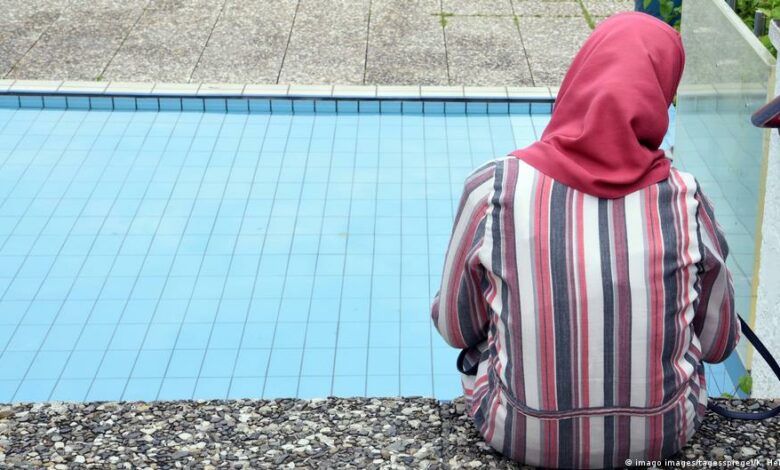
Turkey on Sunday denounced a judgment by the Luxembourg-based European Court of Justice (ECJ) to allow companies to ban the wearing of headscarves under “certain conditions”.
The ruling was made on Thursday after cases brought by two Muslim women in Germany who were suspended from their workplaces after they started wearing headscarves at work.
The court ruled that a company could justify its decision if they want to present a neutral image towards customers or to prevent social disputes.
The Turkish Foreign Ministry in a statement said the ruling was a sign of rising Islamophobia at a time Muslim women in Europe are being subjected to increasing discrimination for their religious beliefs.
“At a time when Islamophobia, racism, and the poison of hatred, which took Europe hostage, are on the rise, the ECJ’s decision not only ignores freedom of religion but also provides a basis and legal cover for discrimination.”
The decision a clear violation of religious freedom
According to Reuters, Turkey further said allowing the banning of headscarves under certain conditions is a “clear violation of religious freedoms.” The ministry added that the current ruling would worsen prejudices against Muslim women in Europe.
“It is a fact that Muslims are exposed to intolerance, hate speech and even violence, are widely stigmatized and excluded in socio-economic fields, and especially Muslim women are adversely affected by this situation” the statement read.
The Turkish presidency’s communication director Fahrettin Altun also condemned the move, saying “this wrong decision is an attempt to grant legitimacy to racism.”
The wearing of the traditional headscarf by Muslim women has over the years sparked controversy across Europe, underlining sharp divisions over integrating Muslims.
European nations have been repeatedly accused by Turkey of not doing enough to prevent discrimination against Muslims. Turkey said it will start publishing an annual report on what it calls examples of Islamophobia around the world.
The ECJ in response to whether headscarf bans at work represented a violation of the freedom of religion, said such bans were possible if justified by an employer’s need to present a neutral image.




